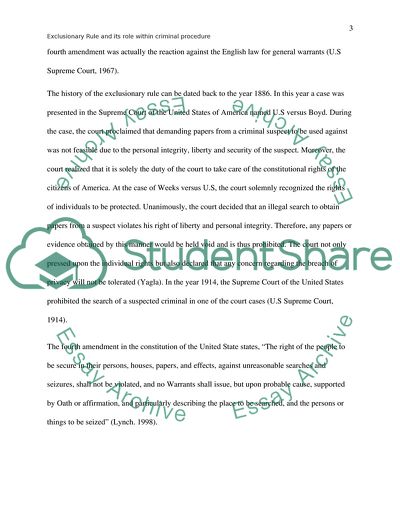Cite this document
(Exclusionary Rule and Its Role within Criminal Procedure Research Paper, n.d.)
Exclusionary Rule and Its Role within Criminal Procedure Research Paper. Retrieved from https://studentshare.org/law/1761459-exclusionary-rule-and-its-role-within-criminal-procedure
Exclusionary Rule and Its Role within Criminal Procedure Research Paper. Retrieved from https://studentshare.org/law/1761459-exclusionary-rule-and-its-role-within-criminal-procedure
(Exclusionary Rule and Its Role Within Criminal Procedure Research Paper)
Exclusionary Rule and Its Role Within Criminal Procedure Research Paper. https://studentshare.org/law/1761459-exclusionary-rule-and-its-role-within-criminal-procedure.
Exclusionary Rule and Its Role Within Criminal Procedure Research Paper. https://studentshare.org/law/1761459-exclusionary-rule-and-its-role-within-criminal-procedure.
“Exclusionary Rule and Its Role Within Criminal Procedure Research Paper”, n.d. https://studentshare.org/law/1761459-exclusionary-rule-and-its-role-within-criminal-procedure.


